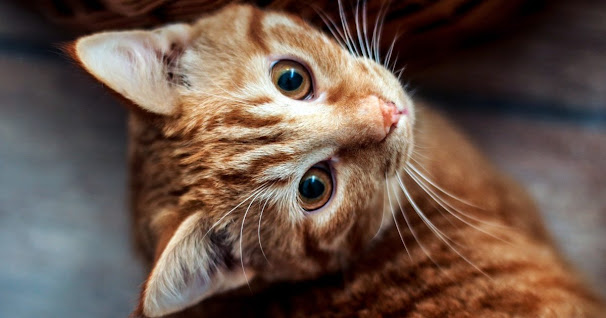Cats are beloved companions for many people around the world. They are playful, curious, and independent creatures that bring joy and companionship into our lives. However, as with any living creature, their time with us is limited, and it is natural to wonder how long we can expect our feline friends to live.
The lifespan of a cat can vary greatly depending on a variety of factors, such as breed, environment, and overall health. On average, indoor cats tend to live longer than outdoor cats, and purebred cats may have a shorter lifespan due to genetic predispositions to certain health issues.
According to the American Association of Feline Practitioners (AAFP), the average lifespan of a domestic cat is between 12 and 15 years, although some cats can live well into their 20s. In fact, the Guinness World Record for the oldest cat ever recorded belongs to a feline named Creme Puff, who lived to be an impressive 38 years old.
The first year of a cat's life is the equivalent of about 15 human years, and after that, each year is roughly equivalent to 4-5 human years. However, it is important to note that different breeds of cats can have varying lifespans. For example, Siamese cats are known to live longer than Persians, and some breeds may be more prone to certain health issues that can affect their longevity.
While genetics and breed can play a role in a cat's lifespan, there are also many environmental and lifestyle factors that can influence how long a cat lives. One of the most significant factors is whether a cat lives primarily indoors or outdoors.
Indoor cats generally have a longer lifespan than outdoor cats due to reduced exposure to environmental hazards such as traffic, predators, and diseases. Additionally, indoor cats are less likely to suffer from injuries and health issues related to fights with other cats or wild animals.
Diet and exercise are also important factors in a cat's lifespan. A well-balanced diet and regular exercise can help keep a cat at a healthy weight, which can reduce the risk of health problems such as diabetes, arthritis, and heart disease. Providing mental stimulation through playtime and interactive toys can also help keep a cat healthy and happy.
Regular veterinary check-ups and preventative care are also essential for ensuring a cat's longevity. Regular check-ups can help identify and treat health issues before they become more serious, and preventative care such as vaccinations and parasite control can help keep a cat healthy and disease-free.
In conclusion, the lifespan of a cat can vary depending on a variety of factors, but on average, a well-cared-for indoor cat can live to be 12-15 years old or even older. While genetics and breed can play a role, environmental factors such as diet, exercise, and preventative care are crucial in ensuring a cat lives a long and healthy life. So, if you want to keep your feline friend with you for as long as possible, make sure to provide them with the best care possible and enjoy the many years of love and companionship they bring into your life.



Comments
Post a Comment